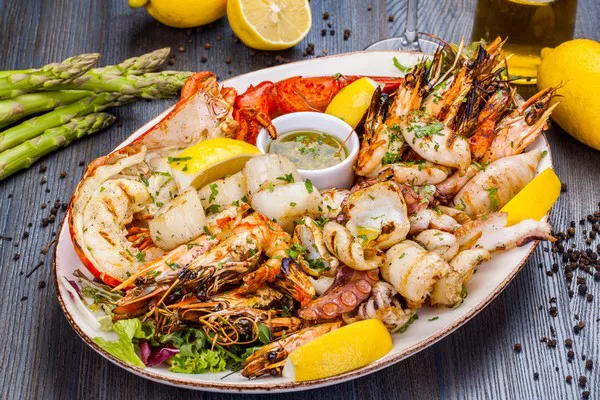As Canadians come together for festive gatherings, concerns about food safety loom large following the unfortunate death of a seventh Canadian due to salmonella just days before the holiday feasts.
The Public Health Agency of Canada (PHAC) has identified the source of these salmonella-related deaths, linking them to cantaloupes bearing the Malichita and Rudy brand names. The agency has reported a total of 164 confirmed cases of salmonella associated with this brand of cantaloupes.
Food poisoning affects four million Canadians annually, according to PHAC, with symptoms including vomiting, stomach pain, and nausea. Chef David Wolfman, an instructor at George Brown College, emphasizes the significance of handling food properly, especially during the bustling holiday season.
Preventing food poisoning, Wolfman advises, begins with ensuring that food maintains a safe temperature, staying within the range of -15 to 60 degrees Celsius (or four to 140 degrees Fahrenheit) for meat, both before and after cooking.
“When it’s in that danger zone, the bacteria just multiplies quicker,” he warns.
Long wait times at the grocery store, extended travel periods with holiday turkey in tow, or allowing a cooked bird to linger on the counter for more than a few hours can provide bacteria an opportunity to thrive, leading to illness. Canada’s health agency recommends that cooked food should not remain on a counter for more than two hours.
Wolfman also underscores the importance of avoiding the refreezing of defrosted items unless they’ve been cooked in between. The safest method for defrosting frozen meat, according to both Wolfman and PHAC, is in the refrigerator. Additionally, ensuring that meat is thoroughly cooked is crucial.
“I just use a digital thermometer,” says Wolfman, drawing on his four decades of culinary experience. “In my opinion, it is one of the best things that you can get.” To determine if meat is properly cooked, the chef suggests using the thermometer on the coldest spot, such as between the shoulders on a turkey.
Cross-contamination, one of the most common mistakes leading to food poisoning, is another concern highlighted by Wolfman. Simple actions like handling raw turkey and then using the faucet can introduce contamination. To mitigate this risk, Wolfman recommends using separate cutting boards and utensils for raw and cooked meat of each type. PHAC concurs, emphasizing the need to store different kinds of raw meat separately.
Wolfman practices meticulous hygiene, wearing gloves even when making meatloaf, and insists on washing hands before and after touching raw meat. As Canadians celebrate the holidays with bountiful feasts, adhering to these food safety measures becomes imperative to ensure a joyous and healthy season.

